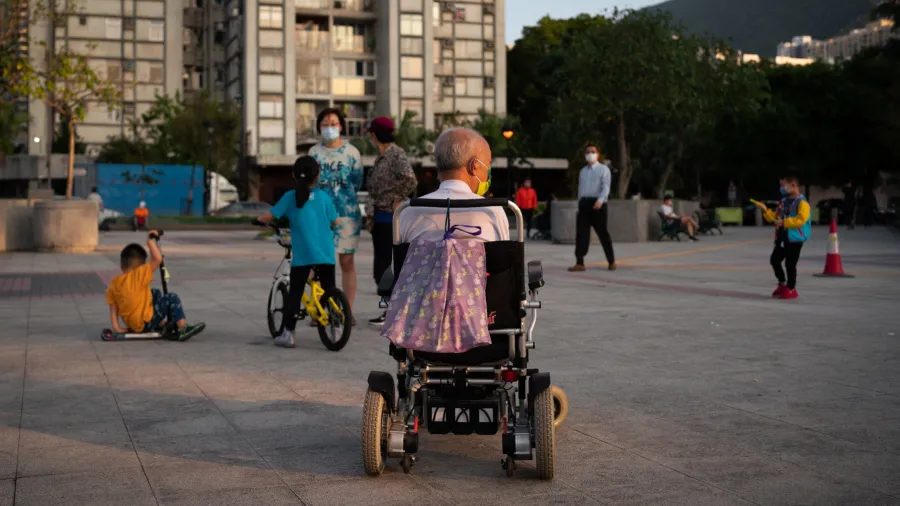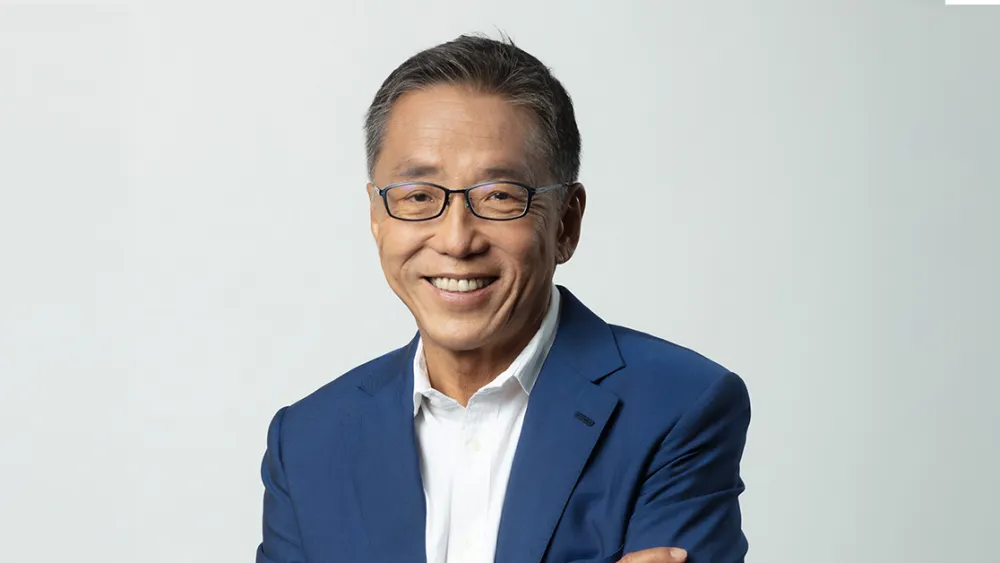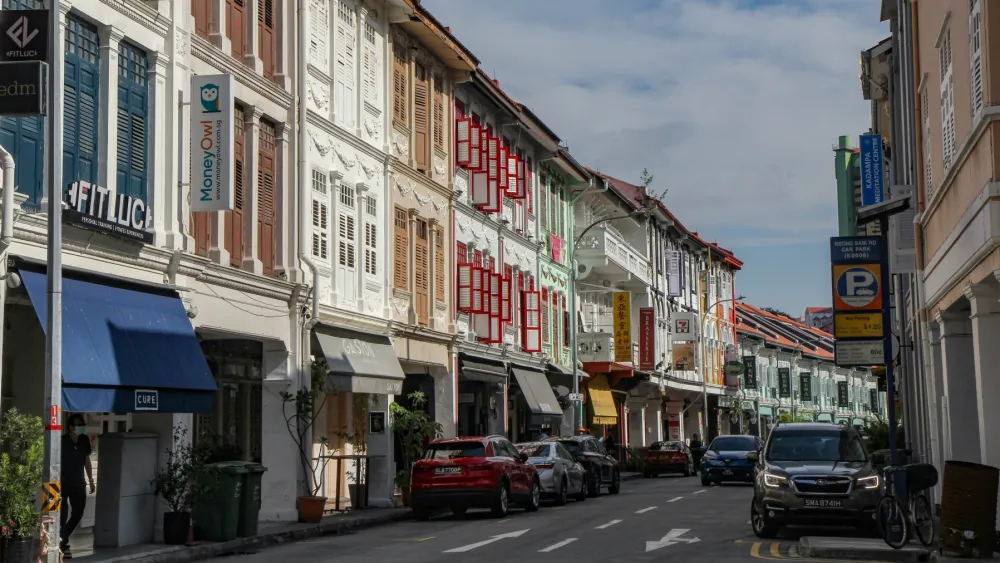
Hong Kong needs to build 6,000 more elderly places yearly
JLL warns that the city could face a potential shortage of elderly places by 2032.
The 30,000 to 40,000 elderly residential places Hong Kong is building every year will not be enough to house the city’s growing ageing population which is expected to hit 2.2 million by 2032.
For Hong Kong to avoid a shortage of suitable elderly places, it must build around 6,000 more units every year for the next 10 years, according to Tom Parker, institutional clients director of Value and Risk Advisory at JLL Hong Kong.
“To be able to build 6,000 additional senior residential places each year will be a rather significant challenge and may not be possible, but by aiming towards that, at least we can go some way towards tackling the problem,” Parker told Hong Kong Business.
“We’ve got a really big gap at the moment in terms of how much elderly housing we have available. That's a gap that we really need to start to bridge in order to develop the sector further and provide suitable housing for our senior population,” he added.
Currently, Hong Kong also only has 39 elderly places for every 1,000 senior residents which is one of the lowest ratios amongst developed markets. In other developed markets, the ratio is 60 to 70 every 1,000 residents.
A solution to a decades-old problem?
Parker acknowledged that addressing the needs of the senior population can relieve some of the pressure that Hong Kong faces overall in terms of its housing shortage.
“If we fail to address the shortage, then ultimately, the biggest risk is we will further exacerbate our existing housing crisis,” he said. “We can help to relieve a lot of that strain on the housing shortage by creating or building more senior living facilities, building more elderly homes, as the current housing shortage ultimately impacts upon the competitiveness of Hong Kong.”
The JLL expert said that elderly residents globally want accommodation or facilities which are more suited to their needs and which can create a sense of community.
“At present, elderly residents who may wish to move into such a facility may not be able to do so because the facility doesn’t exist or because there’s no space in the existing facilities. So what we ended up with was a large number of private and public housing, which continues to be occupied by elderly residents,” Parker said.
“Rather than [public and private] housing coming back onto the mass market to create further homes for families and young people, we ended up with a large amount of our existing housing stock being tied up with a population for whom that housing stock may not be best suited,” he added.
Aspirational living
In terms of location, Parker said developers can consider Kwun Tong and Tuen Mun especially for traditional elderly housing, otherwise known as nursing homes or residential care homes for the elderly in Hong Kong.
Parker, however, underscored that there’s a demand for elderly housing across most of Hong Kong at the moment.
For Senior Living developments which often target the wealthier senior population, the best locations would be Hong Kong Island and Kowloon Tong.
Senior Living is a concept of providing “aspirational” housing for the elderly population. “The idea of senior living is to provide something which is more attractive to the senior population. some of the features that really set senior living apart can be items such as flexible medical care,” Parker said.
Other features that senior living places have include leisure facilities like cafes and restaurants, or cinemas and gyms.
“[Senior Living] is all about making space in which the elderly population can come together within a senior living facility and really spend quality time to get that sense of community,” Parker said.
“We’re also seeing a lot in the way of the adoption of technology within senior living facilities globally. That can range from technology which measures the overall air quality and temperature within a flat to technology that can check slips and trips within a flat and check the residents vital signs to make sure that they’re healthy,” he said.
The JLL expert reiterated the importance of building special facilities that can meet the needs of the elderly population, saying that with these places Hong Kong can free up some accommodation and somehow address the city’s housing crisis.
“If the housing crisis is left without solutions it will eventually erode Hong Kong’ overall competitiveness as a global financial hub. It will make it harder for people to live in Hong Kong. It will make it harder to attract and retain talent. Ultimately, it affects the overall competitiveness of the city,” he said.


















 Advertise
Advertise








